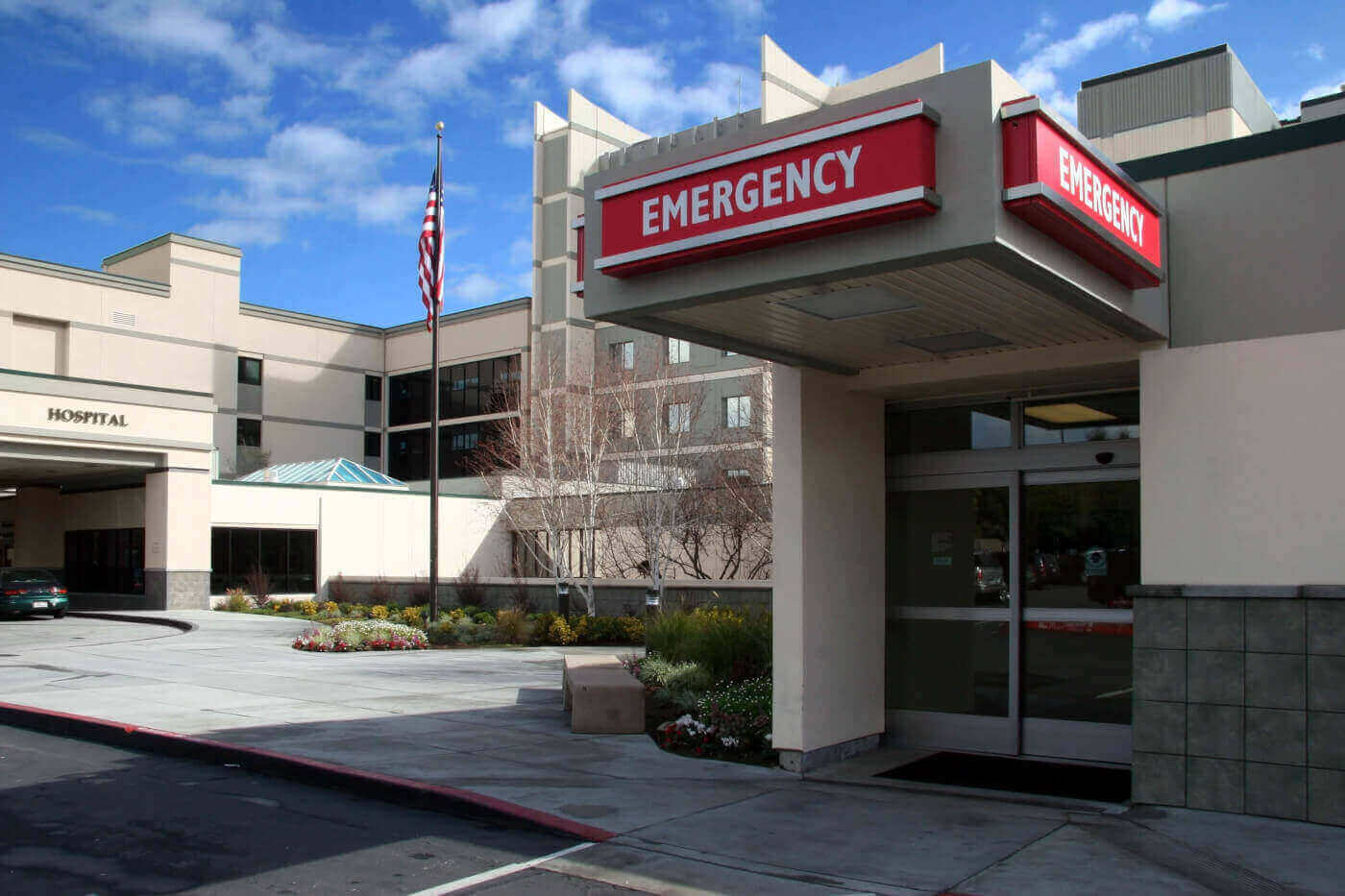
The Centers for Medicare and Medicaid Services (CMS) will penalize 2,499 hospitals, including 39 in Arkansas, in fiscal year (FY) 2022 for having high 30-day readmission rates.
Only one hospital in Arkansas is subject to the maximum penalty, a 3% reduction in Medicare payments: NEA Baptist Memorial Hospital in Jonesboro, which was also subject to the 3% penalty in FY 2020 and FY 2021. Â Several hospitals face lower penalties compared to the previous year, among them Baptist Health-Fort Smith, Baptist Health Medical Center-Little Rock, Mercy Hospital Rogers, and Wadley Regional Medical Center at Hope.
Some Arkansas hospitals will face increased penalties in 2022 compared to 2021, including Arkansas Heart Hospital in Little Rock (2.43% to 2.67%), Conway Regional Health System (1.26% to 1.55%), Jefferson Regional Medical Center in Pine Bluff (1.43% to 1.78%), and National Park Medical Center in Hot Springs (1.77% to 2.05%). Magnolia Hospital and Washington Regional Medical Center in Fayetteville were penalized in 2021 but will not be penalized in 2022. Siloam Springs Regional Center, which was not subject to a penalty in 2021, will be penalized 0.01% in 2022.
Now in its tenth year, the Hospital Readmissions Reduction Program (HRRP) seeks to improve health care by linking hospital payments to quality of care. Some facilities are exempt, including veterans’ hospitals, children’s hospitals, psychiatric hospitals, critical access hospitals, and hospitals with too few cases to assess. The program uses patient data from July 2017 through December 2019 to determine hospitals’ rates of unplanned readmissions of patients within 30 days of discharge. While penalties are usually determined based on three years of data, the first six months of 2020 were excluded due to the COVID-19 pandemic.
The following is a list of all Arkansas hospitals subject to readmission penalties in 2022:
- Arkansas Heart Hospital in Little Rock (2.67%)
- Arkansas Methodist Medical Center in Paragould (1.39%)
- Baptist Health-Fort Smith (0.53%)
- Baptist Health-Van Buren (0.08%)
- Baptist Health Medical Center-North Little Rock (0.79%)
- Baptist Health Medical Center-Conway (0.07%)
- Baptist Health Medical Center-Hot Springs County (0.33%)
- Baptist Health Medical Center-Little Rock (0.59%)
- Baptist Health Medical Center-Stuttgart (0.15%)
- Baxter Regional Medical Center in Mountain Home (1.14%)
- Chambers Memorial Hospital in Danville (0.62%)
- CHI St. Vincent Infirmary in Little Rock (0.52%)
- Conway Regional Health System (1.55%)
- Drew Memorial Hospital in Monticello (0.36%)
- Five Rivers Medical Center in Pocahontas (1.28%)
- Forrest City Medical Center (0.36%)
- Great River Medical Center in Blytheville (0.39%)
- Helena Regional Medical Center (0.65%)
- Jefferson Regional Medical Center in Pine Bluff (1.78%)
- Johnson Regional Medical Center in Clarksville (1.63%)
- Medical Center of South Arkansas in El Dorado (0.12%)
- Mena Regional Health System (0.47%)
- Mercy Hospital Fort Smith (0.38%)
- Mercy Hospital Rogers (0.13%)
- National Park Medical Center in Hot Springs (2.05%)
- NEA Baptist Memorial Hospital in Jonesboro (3%)
- North Arkansas Regional Medical Center in Harrison (0.94%)
- North Metro Medical Center in Jacksonville (0.34%)
- Northwest Medical Center-Springdale (1.02%)
- Ouachita County Medical Center in Camden (0.04%)
- Saline Memorial Hospital in Benton (0.69%)
- Siloam Springs Regional Hospital (0.01%)
- Bernards Medical Center in Jonesboro (1.27%)
- St Mary’s Regional Medical Center in Russellville (0.96%)
- St Vincent Hot Springs (0.5%)
- St Vincent Medical Center North in Sherwood (0.25%)
- University of Arkansas for Medical Sciences in Little Rock (0.26%)
- Wadley Regional Medical Center at Hope (0.5%)
- White County Medical Center in Searcy (0.61%)
A 2020 study published in the Journal of the American Medical Association found that penalty incentives in HRRP were associated with improvements in readmission avoidance. HRRP has also been linked to improved patient outcomes when facilities adopt evidence-based strategies that have been shown to reduce readmission rates. Research has shown that multicomponent interventions including patient needs assessments, medication management, patient education, timely outpatient appointments, and patient telephone follow-ups can help to reduce patient readmissions.
Technology is also being leveraged to monitor and prevent patient readmissions. In Arkansas, the state’s health information exchange, the State Health Alliance for Records Exchange, or SHARE, launched a 90-day readmission project to help reduce readmissions. The project allows a participating hospital to receive a secure message notification when a patient is discharged from its facility and readmitted to any SHARE-participating hospital within a 90-day time frame.






